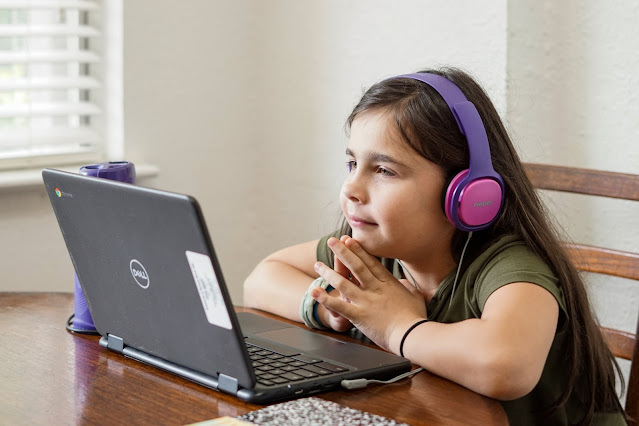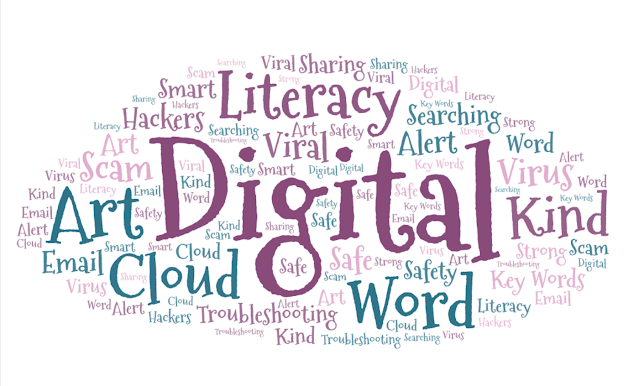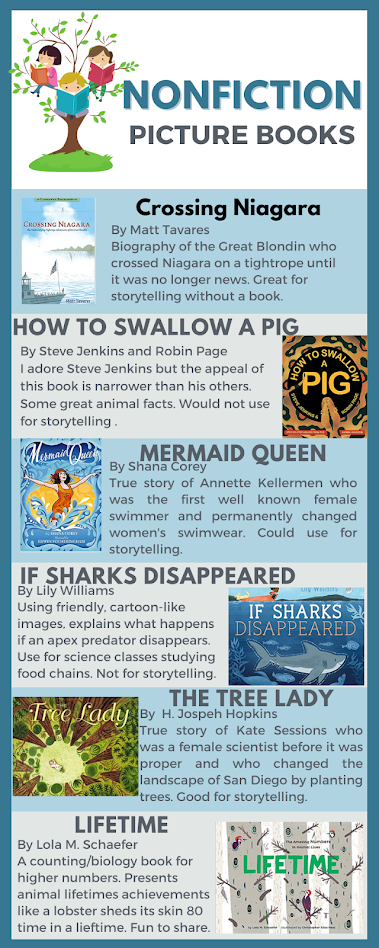Fake News , Website Evaluation and Standards- Oh My!
 |
| Photo by Thomas Park on Unsplash |
I felt like the guidelines in the podcast matched perfectly with skills recommended by P21 and the Framework for Information Literacy for Higher Education. The podcast was meant for determining fake news, but I think the idea can be used for to help establish the trustworthiness of a website too. First, the ideas in the podcast require students to think critically (words in italics are essential skills from P21) and not just be passive consumers. It requires them to use problem solving as they fact check and makes them an active collaborator in the information consumption process. Finally, hopefully lessons like those in the podcast can help our students evaluate and think before they communicate information to others. I think there are many days of great lessons that could come out the podcast.
Some questions I have about P21 and the ACRL framework. There are many sets of standards we have been shown, plus state or district standards. Often the standards can be aligned (like the Crosswalk from last week), still in your district, what are the standards that librarians currently follow most closely? Do they pick their favorite set of standards or is it determined by a larger vision of the district? My other question, in school librarian jobs, how much time is spent on digital/information literacy versus time with books? Is there anyone besides the librarian who teaches digital/information literacy? Does the librarian coach the teachers? I am so curious how this all plays out in the field.
The information diet of a school librarian should be balanced. We should use various sources. We should demonstrate to our students how we evaluate websites and consider the goals of the social media we use. We should properly cite sources and consider copyright. Modeling, especially with an external dialogue, is super helpful. My current information diet is being modified. I deleted Facebook from my phone to put an end to the needless scrolling...I still check it about once a day but only on my laptop. Thanks to classes for my MLIS, I am aware of the bias (different from fake) of all news sources and try to get news from multiple places with different leanings. I am clicking less often on the side articles that have sensationalized headlines. And I am starting to look for news that supports the opposites of what I believe. I found a quote from Clay Johnson, the expert interviewed in the podcast, "We lose our ability to synthesize when we can always prove ourselves right." I would like to model and teach this idea to my students. On the flip side, diligently checking facts and websites and avoiding sensationalized headlines can be exhausting. The mindlessness of scrolling and clicking is sometimes attractive.
The Liturgists (Hosts). (2017, March 7). Fake news & media literacy(Season 3, Episode 18) [Audio podcast episode]. https://theliturgists.com/fake-news-media-literacy-podcast-page/
NPR staff. (2012, January 4). Is it time for you to go on an information diet? MPR News. https://www.npr.org/2012/01/14/145101748/is-it-time-for-you-to-go-on-an-information-diet
Partnership for 21st Century Learning. (2015). P21 framework definitions [PDF]. http://www.battelleforkids.org/networks/p21/frameworks-resources



I try to teach the students in my classroom better media literacy, but youre so right about teens! They will say "I just know" about anything they read. They take a lot as fact especially if it is posted on social media. They are always telling me something they have read on Facebook that is clearly not true, but because it has a lot of comments or is shared a lot, they believe it. It is all a numbers game and teens seem to care more if something has a lot of reactions. -Jessica Quesinberry
ReplyDeleteHi Laura,
ReplyDeleteI was hopeful when the song started that I would be able to use it with my students, but no, definitely cannot use it! I have browsed through youtube looking for something similar, but I have yet to find anything. I normally like the stuff that Flocabulary has but nothing related to media literacy. Perhaps we can make our own?!
In response to your questions:
The standards that we use in my district are up to the librarian's discretion. Most of them use ISTE and AASL standards though. This is my first year in the library and I teach as a part of the academic arts rotation, so I get to teach all the students at school at least for one week a month. Since this is my first year, I am sort of winging it and hoping for the best! My first unit was on library expectations and getting to know you kind of stuff, but the second unit I used the Common Sense Digital Citizenship unit. For information literacy, I have been able to do much more with 3rd-5th grade because of their level of understanding. I have started working with the second graders on information literacy as well. Since each of my units have some sort of research component, we cover it quite a few different times, each time adding a little more. I always find I am pressed for time because we do a lot of organic research together.
I wish that I was able to work with my teachers more, but since their planning time is when I have their kids, that is not possible. I have made several attempts at having workshops with them on early release days and late stays, but have had exactly 0 people show up to anything I have tried to do. It is pretty disappointing, but I am still trying!
Victoria Dickerson
Thank you for sharing your experiences,Victoria. Open times are precious to teachers. Are you asking them what kind of training they want/need? Maybe you will need to sent the trainings as emails that they can view on their own time. I spotted this Youtube video on a classmate's site ......you might like it. https://www.youtube.com/watch?v=D0Cd9-eJ-No
Delete